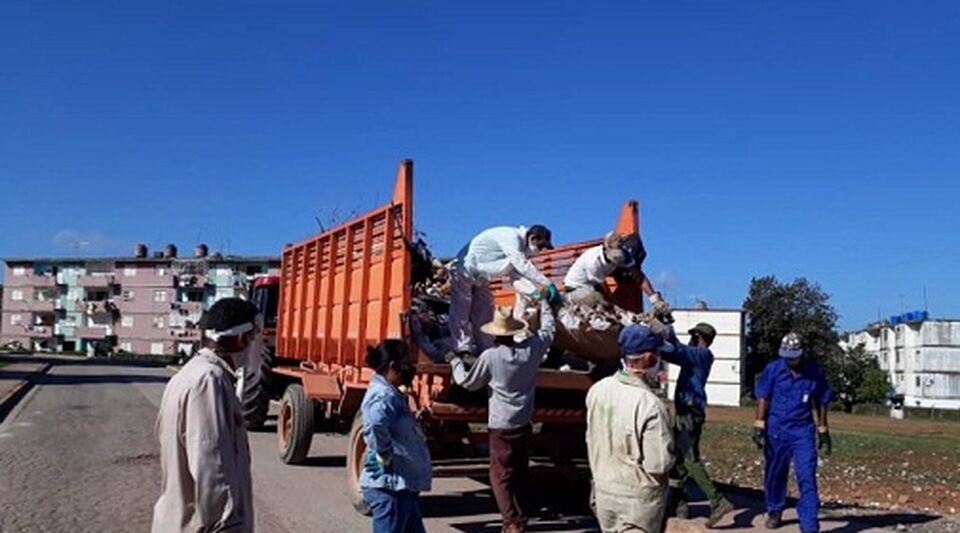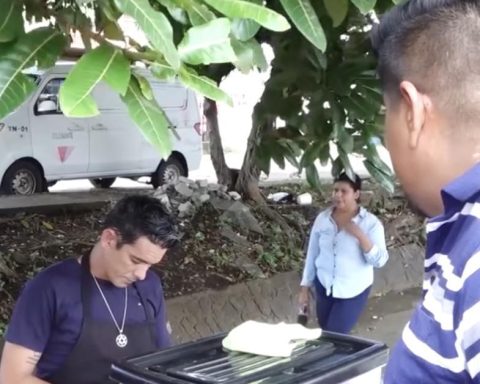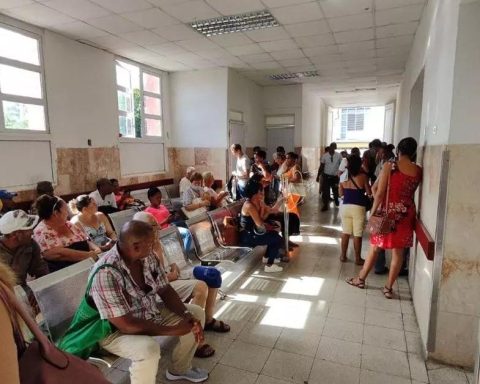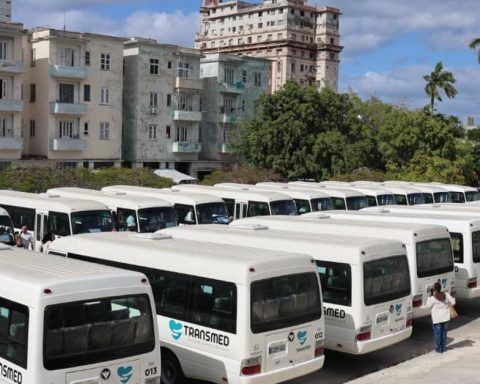The lack of staff in Cuba returns to fill jobs to be a topic in the official press. Less than a month after the National Office of Statistics and Information (Onei) alerted that Cuba has lost almost a quarter of a million workers, the daily Granma illustrates the seriousness of the situation with a long report based in the province of Pinar del Rio and published this Sunday.
In it, they explain that, although “all life there were options in sectors such as Communal or Agriculture”, today there are up to 282 vacant jobs and that this figure “is unprecedented and includes a huge variety of positions in dozens of companies and organizations” .
The director of Labor and Social Security of the municipality of Pinar del Río, Merlys Gort López, admitted to the official newspaper that “in general” people do not go to her organization to look for work “because the wages were too low and because the very unattractive offers”.
As if in passing, the official attributes the number of vacant jobs to “other factors such as emigration.” In addition, she added, “the complex economic situation that the country is going through, marked by very high inflation, a good part of the salaries in the state sector (especially in the budgeted entities) has ceased to be attractive again.”
These data paint an even darker picture than what emerges from the 2022 National Occupation Survey published by Onei on May 30. There it was stated that the pandemic and emigration had bled the private sector dry in labor terms, which fell 13% (194,689 people), while the state sector had lost 1% (36,675 workers).
“The most harmful transformation introduced by the ‘regulation’ has been to establish the general impoverishment of labor income as a ‘pillar’ of the Cuban economic model”
What is counted in Granma on Pinar del Río implies that the state sector is also shrinking by leaps and bounds.
The note says that at the beginning of the so-called Ordering Task, at the beginning of 2021, which had promised to generate employment, more than 900 people joined the tobacco industry, in “selected and destemmed” tasks, as well as positions that ” historically suffered from a labor force deficit”, such as cleaning or garbage collection.
The most serious aspect of what the text recounts, however, is not the shortage of less qualified labor, but of highly specialized professions. Thus, at the Institute for Territorial Planning and Urbanism, for example, there is a lack of computer scientists, architects and civil engineers.
The same “complex” situation, the euphemism that the official press likes so much, is found on RadioCuba in Pinar del Río, where the head of the territorial division, Luis Armenteros, admits: “In recent times we have lost more than ten engineers , and we were not able to replace them, especially because of the salary issue”.
The publication of this report in Granma coincides with a new thread by Cuban economist Pedro Monreal about the disastrous consequences of the economic policies implemented two and a half years ago.
“The most harmful transformation introduced by the ‘regulation’ has been to establish the general impoverishment of labor income as a ‘pillar’ of the Cuban economic model,” says the specialist. “The impoverishment is massive and its solution requires increases in wages and pensions.”
________________________
Collaborate with our work:
The team of 14ymedio He is committed to doing serious journalism that reflects the reality of deep Cuba. Thank you for accompanying us on this long road. We invite you to continue supporting us, but this time becoming a member of our newspaper. Together we can continue transforming journalism in Cuba.














